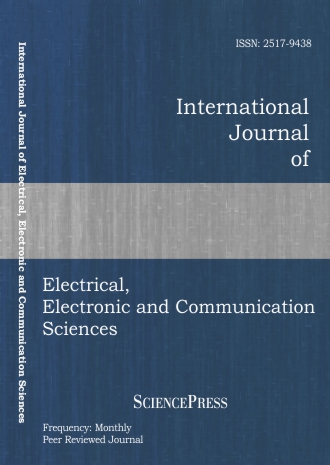
Scholarly
Volume:2, Issue: 1, 2008 Page No: 170 - 175
International Journal of Electrical, Electronic and Communication Sciences
ISSN: 2517-9438
Comparison between Haar and Daubechies Wavelet Transformations on FPGA Technology
Recently, the Field Programmable Gate Array (FPGA) technology offers the potential of designing high performance systems at low cost. The discrete wavelet transform has gained the reputation of being a very effective signal analysis tool for many practical applications. However, due to its computation-intensive nature, current implementation of the transform falls short of meeting real-time processing requirements of most application. The objectives of this paper are implement the Haar and Daubechies wavelets using FPGA technology. In addition, the Bit Error Rate (BER) between the input audio signal and the reconstructed output signal for each wavelet is calculated. From the BER, it is seen that the implementations execute the operation of the wavelet transform correctly and satisfying the perfect reconstruction conditions. The design procedure has been explained and designed using the stat-ofart Electronic Design Automation (EDA) tools for system design on FPGA. Simulation, synthesis and implementation on the FPGA target technology has been carried out.